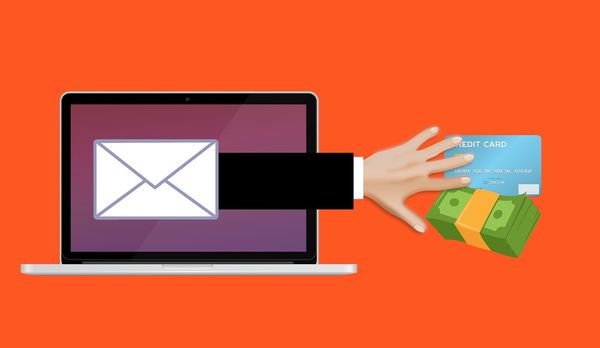In this scheme, someone posing as an official of the Nigerian government, the Nigerian Central Bank, the Nigerian National Petroleum Corporation or one of various other businesses (usually with an African origin) contacts a foreign individual or company by fax, e-mail or regular mail, seeking assistance in the recovery of money. To the embarrassment of Nigeria’s government, this operation is estimated to be the third or fourth largest revenue source for that country’s economy.
There are many variations to this ruse, known as a form of “advanced fee fraud.” The message may mention political persecution in Africa or the widow of a political dignitary in need of financial aid, or it may refer to large amounts of unclaimed funds in a bank account. In this scenario, the sender asks you to help get the money out of Africa by providing your personal banking information or the money for fees. In return, you are given the false promise of a substantial portion of the unclaimed funds.
Here is an actual quote from a typical letter that demonstrates their tactics:
“I am MR.XXX XXX, An Auditor in AMALGERMATED BANK OF SOUTH AFRICA (ABSA). There is an account opened in this bank in 1980 and since 1990 nobody has operated on this account again. After going through some old files in the records, I discovered that if I do not remit this money out urgently it would be forfeited for nothing. No other person knows about this account or any thing concerning it, the account has no other beneficiary and my investigation proved to me as well that his company does not know anything about this account and the amount involved is (USD$ 10M) Ten million United States Dollars. I am only contacting you as a foreigner because this money cannot be approved to a local bank here, but can only be approved to any foreign account because the money is in U.S. dollars and the former owner of the account is Mr. XXX XXXX is a foreigner too. I know that this message will come to you as a surprise as we don't know ourselves before. Send also your private telephone and fax number including the full details of the account to be used for the deposit. I want us to meet face to face or sign a binding agreement to bind us together so that you can receive this money into a foreign account or any account of your choice where the fund will be safe. And I will fly to your country for withdrawal and sharing and other investments. At the conclusion of this business, you will be given 25% of the total amount, 70% will be for me, and while 5% will be for expenses both parties might have incurred during the process of transferring.”
Don't be fooled by these promises of easy money. These Nigerian fraud scams have been around since the 1970's and they continue to be effective. Each year tens of thousands of people fall victim to these scams and the losses are estimated in the hundred of millions of dollars. Here are some statistics:
- According to the Internet Crime Complaint Center, the Nigerian scams accounted for the highest losses per incident of any reported Internet-related financial crime in 2005 with an average loss of $5,000, a surge of 60 percent per incident over the rate in 2004.
- A Dutch private investigation firm which has studied the problem for a decade estimates that U.S. companies and individuals lost $720 million dollars in 2005. Consumers in the United Kingdom lost $520 million. Nigerian scam losses from 37 countries in 2005 approached $3.2 billion dollars.
- Of the Nigerian scam criminals who could be traced, 71% lived in the U.S. Nigeria accounted for the next highest portion, 7.9%.
- These scams are also referred to as "419 scams", after the Nigerian penal code addressing fraud.
Nigerian Fraud Scams | Georgia Attorney General's Consumer Protection Division
